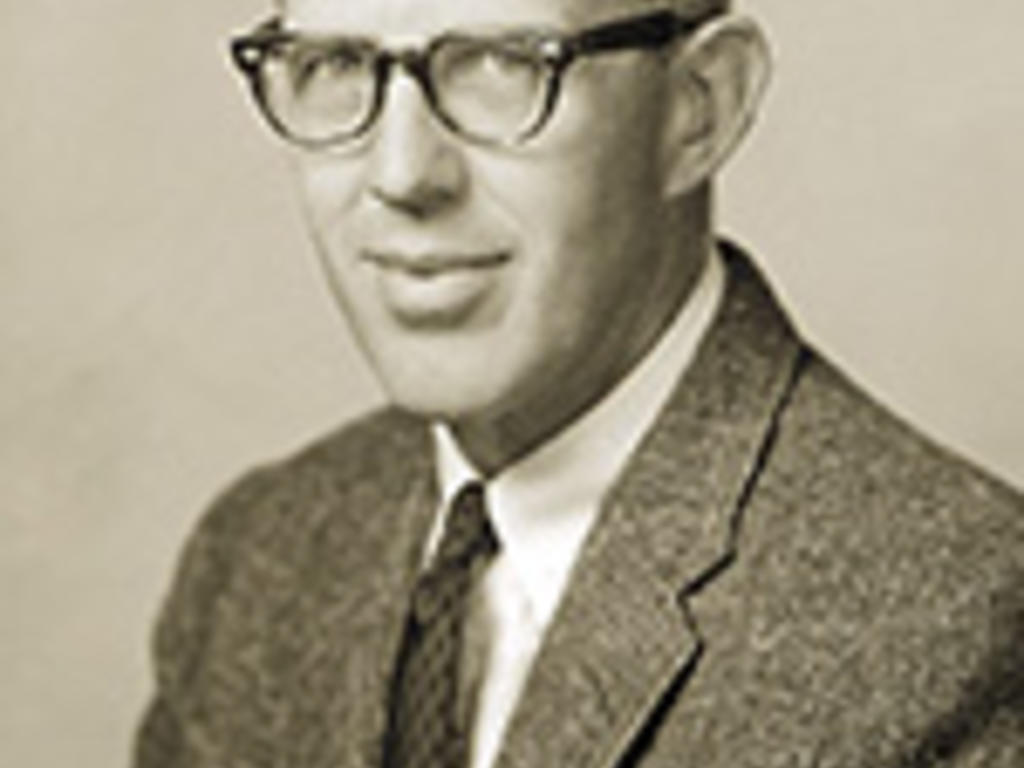By Dr. Andrew J. Donelson ’65
Dr. Gordon Southard added to the base of knowledge given to me by my high school Spanish and Latin teachers. He gave me a love of speaking the Spanish language. From the first day, he never let us speak a word of English in class, but he had a great sense of humor about him, as he led us through the world of Don Quixote, La Celestina, and just practical, everyday, spoken Spanish.
I used my newly acquired language, listening to Spanish short wave radio as a young man. Kids were the most difficult to understand. On several occasions, it was invaluable on goodwill trips with service organizations, like a three-month goodwill trip with American friends to rural Mexico. There I met volunteers from countries all over the world.
We worked with CARE’s school-breakfast program for children, taught English to adults, helped build a road, were privileged to make rounds with the local doctor as he visited the sick in their poor dwellings, and made great friendships with the villagers. It was like going back in time to the Old West, as it had been 100 years before. I had so much fun, I took my family back to see the real Mexico in later years, and we traveled on “the chicken bus” (so called because locals carried crates of chickens with them on the bus, stashing them in the racks above the seats or holding them on their laps).
My wife and I have since enjoyed vacations to Spanish-speaking countries such as Mexico, Costa Rica, and Puerto Rico. In my professional obstetrics and gynecology practice, I found my Spanish quite helpful in communicating with my patients from Spanish-speaking countries, and those patients appreciated that I had made an effort to learn their language. It made sort of a bond.
Even today I use Spanish just listening to beautiful, rhythmical Spanish music on the radio, working at my home with Spanish workers, or enjoying TV shows reminiscent of the good part of old-time American TV, like the variety-quiz show Sabado Gigante. Sometimes I help translate for someone struggling to be understood or to understand at the post office or at some local store. Occasionally I will even meet someone whose native language is not Spanish and who lacks the ability to speak English, but we discover we can communicate in Spanish.
I believe that a knowledge of Spanish has enriched my life. I encourage those who are considering which foreign language to study in college to consider Spanish. I believe it is truly the second language of the world, at least for Americans, and it is one of the Romance languages, which are the basis of Esperanto.
Thank you for this gift, Dr. Gordon Southard.
